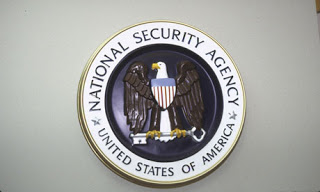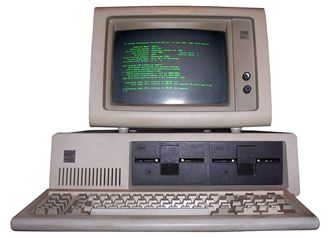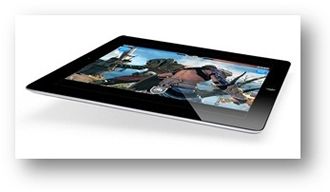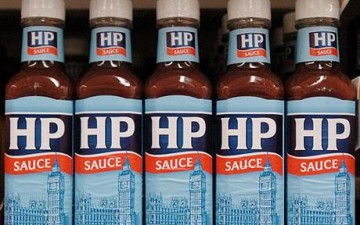 While the Tame Apple Press and older people think that Apple’s new watch is a good idea, the kids of today think it is as uncool as your dad dancing at the school disco.
While the Tame Apple Press and older people think that Apple’s new watch is a good idea, the kids of today think it is as uncool as your dad dancing at the school disco.
Marketing research company Fizziology analyzed nearly a million tweets around Apple’s big iWatch announcement, and it turns out that millennials aren’t as excited about the Apple Watch as many people may have thought.
According to the research, those over 35 years old were twice as likely to discuss the Watch than those under 35. In addition, the research showed that one in six tweets about the Apple Watch were negative.
This seems to indicate that Apple, rather than attracting the hipsters, is getting their parents with its iWatch. This will be the kiss of death for Apple’s normal target market. In fact analysts believe that sales of the iPhone stalled when kids realised they were popular with their parents.
The Tame Apple press attempted to reassure their readers that interest in the Apple Watch will pick up.
“Just because people aren’t talking positively about the new product doesn’t mean it won’t sell well: The iPad received extremely negative response after the announcement, and look at their sales now,”” sniffed Neowin. Given that sales of the tablet are falling fast, we are not sure what Neowin’s point was here.



















